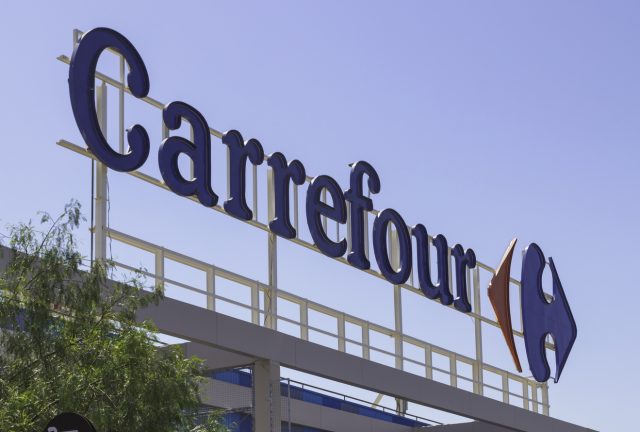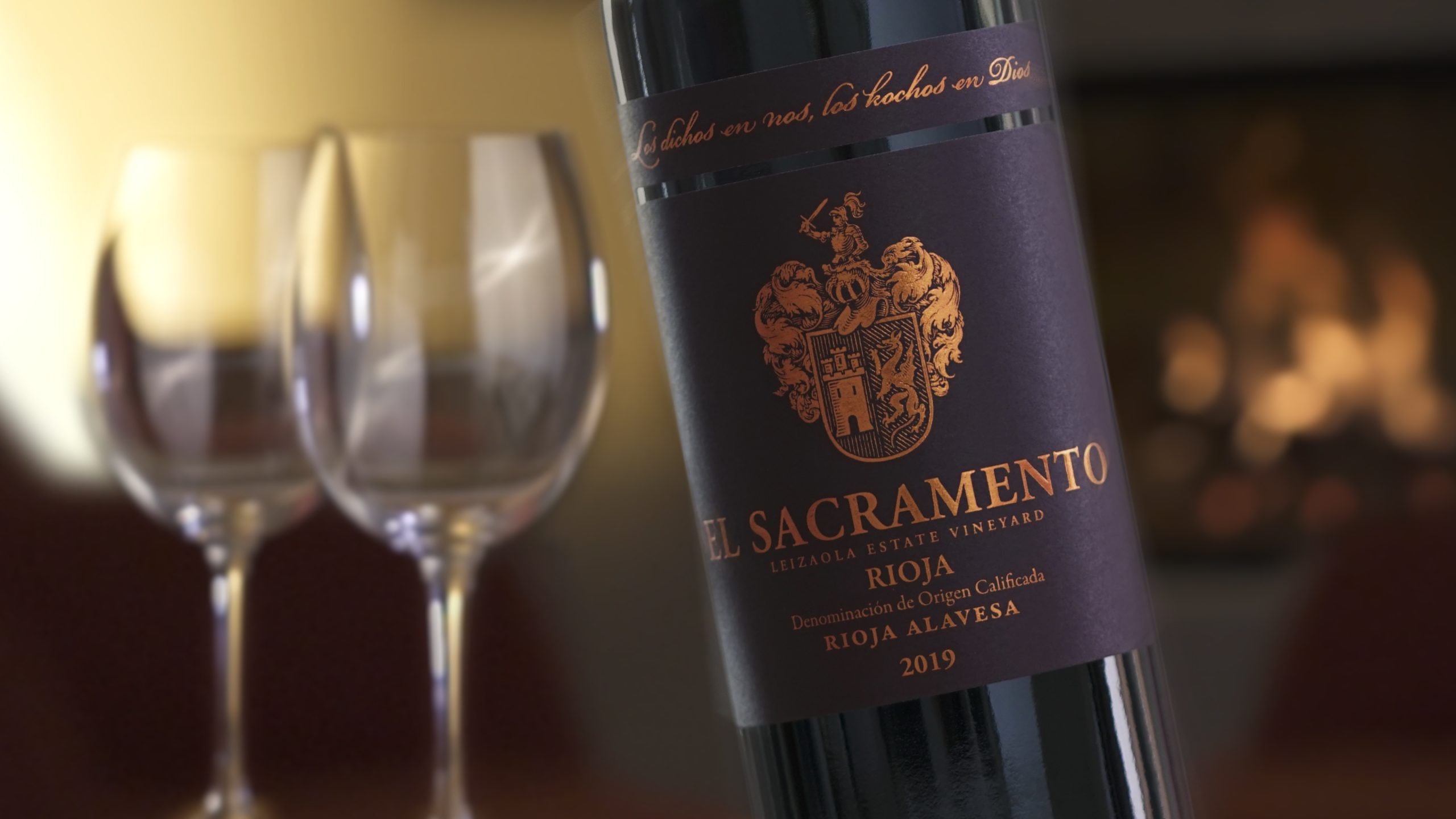Winemakers’ anger over €1.66 Bordeaux wine
By James EvisonWinemakers in Bordeaux have expressed their anger over the cost of Bordeaux wine being sold by retailer Carrefour, which is cheaper than water at €1.66.

To put the cost in perspective, the average 1.25 litre bottle of a Coca-Cola or a typical soft drink is around €1.85 and flavoured water or large bottles of water are around €2 to €2.50.
Gironde and Nouvelle-Aquitaine winemakers protested that their industry was being “ransacked” by the super-cheap booze, with some also highlighting that the bottles were less than a 1.5 litre of Sangria.
The deal for the wine was part of the supermarket chain’s Foire aux Vins event, with stores selling six bottles of AOP Comte de Maignac for €9.96, working out at €1.66 per bottle.
Stores are also selling six bottles of Château Fontana for €11.82, which is €1.97 per bottle.
Alongside the bulk deal, individual bottles of Bordeaux are being sold for €2.49 and €2.95.
Farming union FNSEA 33 wrote in a post on X that the distributors “are digging our grave” and even organised a protest outside a branch of Carrefour in Lormont, which was one of the participating stores in Gironde offering the deal.
Disarray
Wine producers replaced the bottles on shelves with uprooted vines to indicate the “disarray of the profession” as a result of the low prices, and even presented the Carrefour store manager with a joke ‘certificate’ for the ‘best lowest price’.
The post read: “Presentation of the diploma for the 1st lowest prize to the director of Carrefour Lormont and to the manager of Johanes Boubée by the secretary general of the @FNSEA33 for the AOC! 1.66 € per bottle of Bordeaux = no remuneration of the winegrower.”
Remise du diplôme du 1er prix le plus bas au directeur de Carrefour Lormont et au responsable de Johanes Boubéepar le secrétaire général de la @FNSEA33 pour de l’AOC !
1,66 € la bouteille de Bordeaux = non rémunération du viticulteur pic.twitter.com/kKGz3j5jOD— FNSEA de la Gironde (@FNSEA33) March 23, 2024
As part of the protests, producers are calling for bottles to be sold at €3 each, at a minimum.
Defending the cheap prices, Carrefour said the prices “do not affect the winemakers’ payments at all”.
Partner Content
Clumsy
Laurent Julian, the head of Maison Johanès Boubée, which buys and bottles the wine for Carrefour, was present at the Lormont store during the union’s visit, and said the cost situation was “clumsy” but the prices had been prepared months in advance and were fully financed by the firm.
In addition, Julian highlighted the cheap deals were an attempt to arrest the dramatic fall in wine sales across France, and therefore ultimately was aimed at helping winegrowers to survive.
But producers said this wasn’t the case, and a meeting with Maison Johanès Boubée has been set-up to discuss the bargain pricing issue.
Protests
Last year, the French government announced a €160 million fund to help vignerons deal with oversupply of wine and has approved in principal the uprooting of vines, but concern has grown as wine sales have continued to slump in the Republic.
The news follows winegrowers from Bordeaux joining the widespread demonstrations by farmers across France, blocking roads and disrupting traffic on the city’s busy motorway in February, to protest at rising costs for production, and demanding paperwork.
The demos, which include dumping manure and lighting a bonfire in front of the headquarters for the regional government, the préfecture de la Gironde, were sparked by the French government’s plans to get rid of a tax break on agricultural diesel fuel, with farmers saying that they cannot afford to pay taxes on tractor fuel.
The president of the Young Farmers of Gironde, Vincent Bougès, who is a winegrower in St.-Sauveur de Médoc, added that certain costs were “no longer sustainable” and that winegrowers want their products “to be valued [and] to sell at the right price.”
National ministers have urged the EU to increase funding for the annual €60bn CAP subsidy scheme, which is around a third of the bloc’s entire budget.
There is also concern amongst farmers about new environmental legislation and rules of pesticides, which could cut into their bottom lines, and cheap food imports impacting European farmers.
Commission
The European Commission has also proposed measures to ease the administrative burden for accessing the CAP, and also allowing farmers to use set-aside for arable crops rather than as grassland, and even exempting smaller farmers from the fresh environmental rules altogether.
Plans for cutting of pesticide use and emissions reduction goals have also be removed from the outline EU climate plans related to agriculture.
Copa Cogeca, a large farming lobby group, had previously described to the Commission in a letter the environmental rules as a “regulatory tsunami” with “too many rushed consultations” and “top-down targets lacking assessment”.
Related news
Bordeaux 2024: A survey of the market conditions
CIVB: breaking the feeling of 'exclusion' to make Bordeaux accessible
Allan Sichel: price readjustment 'necessary’ for upcoming en primeur campaign




